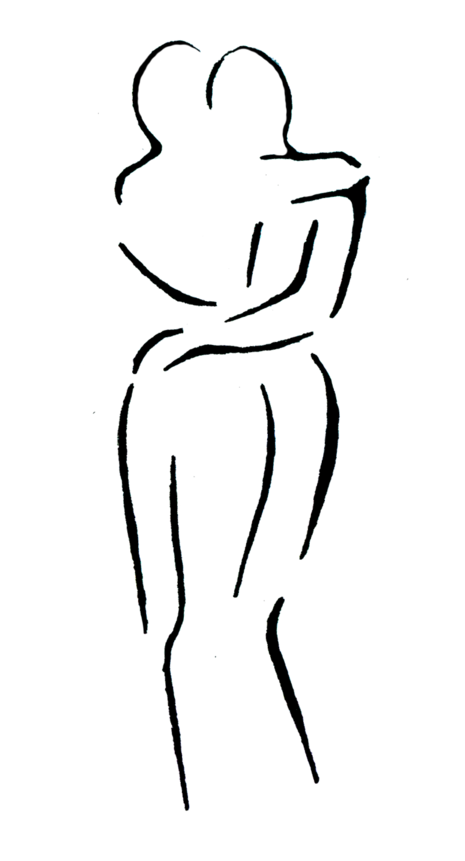What is shame?
Today I found a research paper on shame. It discussed how children prone to feelings of shame in childhood were more likely – years later – to engage in a range of risky behaviours (whereas the propensity to experience guilt about specific behaviours appears to be a protective factor. BUT that's for another post!) Shame is a painful, self-conscious emotion. Feeling shame, means you're feeling that your whole self is wrong.
Shame keeps us in the same pattern of behaviour that is entrenched in self-flagellation. And in order to escape shame's self-diminishing effects, expressing contempt or criticism toward another person, or shaming them, re-locates one's own shame in the other. With that in mind, the emotion can be passed from generation to generation. Children behave in ways that make them culpable for the shame that belongs to their parents. The risky behaviour outlined in that paper (and many others) is self-destructive behaviour.
However, there is a way out. Firstly; shame means different things to different people. It is still a universal emotion but it manifests in different ways for most of us: It can be presented in comparison to others, perfectionism, criticism or perceived failure. Try gage when your shame feels triggered and how it physically manifests. Secondly; be mindful of what you do with it, especially around children. Finally, meet it instead with self-compassion. Kindness and self-care can go a long way to combating shame.

